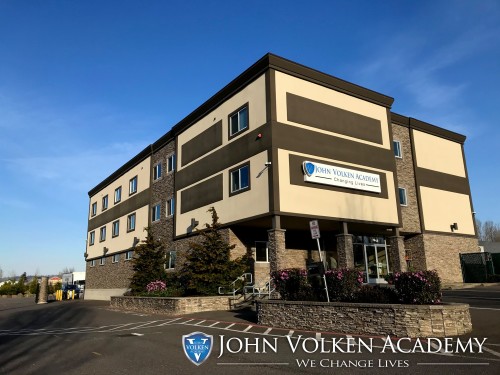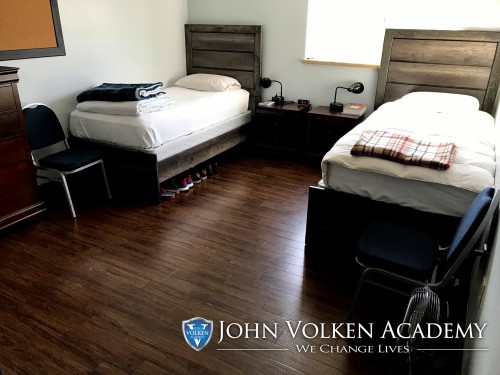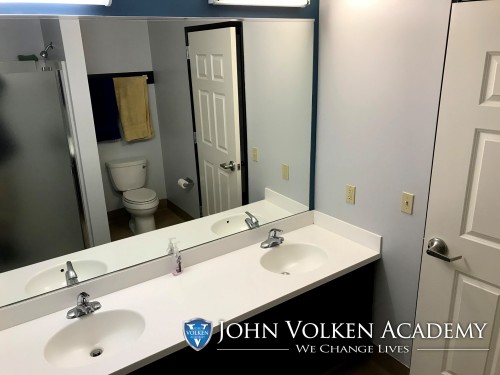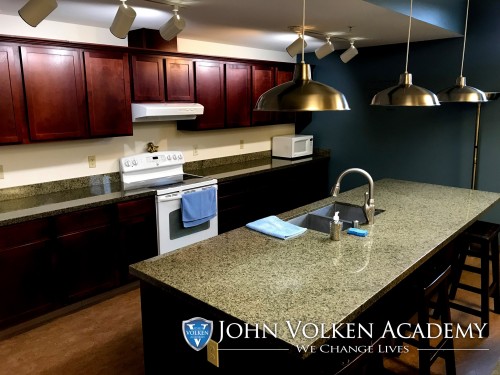






John Volken Academy Seattle
Treatment Focus
This center treats primary substance use disorders and co-occurring mental health conditions. Your treatment plan addresses each condition at once with personalized, compassionate care for comprehensive healing.
Primary Level of Care
Offering intensive care with 24/7 monitoring, residential treatment is typically 30 days and can cover multiple levels of care. Length can range from 14 to 90 days typically.
This provider hasn't verified their profile's information. Are you the owner of this center? Claim your listing to better manage your presence on Recovery.com.
Treatment Focus
This center treats primary substance use disorders and co-occurring mental health conditions. Your treatment plan addresses each condition at once with personalized, compassionate care for comprehensive healing.
Primary Level of Care
Offering intensive care with 24/7 monitoring, residential treatment is typically 30 days and can cover multiple levels of care. Length can range from 14 to 90 days typically.
Private Pay
You pay directly for treatment out of pocket. This approach can offer enhanced privacy and flexibility, without involving insurance. Exact costs vary based on program and length of stay. Contact the center for specific details.
John Volken Academy Seattle
John Volken Academy Seattle
About John Volken Academy Seattle
Awarded the Dalai Lama Humanitarian Award in 2014 for their effective and life altering addiction treatment, John Volken Academy provides highly structured, personally tailored care throughout 3 residential locations. Their Washington State location provides comprehensive treatment for men only, ages 19-44, struggling with substance use disorders or addiction with co-occurring mental health conditions throughout a 24 month, therapeutic community-based program.
Therapeutic Community
Positioned amongst beautiful views of Mt. Rainer located near Seattle, right in the heart of the pacific northwest, clients (referred to as students) are in a tranquil and supportive nature-rich environment, conducive to healing.
Their therapeutic community approach integrates diverse, evidence-based methods with vocational and life skills training and development. Their community-based environment offers students the opportunity to practice and apply the tools and skills they are learning throughout treatment, as they will assume increased responsibility as they develop leadership roles within their peer community.
Residents participate in a structured schedule with therapeutic activities in 1-on-1 and group settings for 3 hours per day, 5 days per week, and may pursue education or build vocational skills by working jobs related to a nearby furniture and home store, owned and operated by JVA. Students at John Volken Academy receive extensive career development in real-life settings, developing talents into marketable employment skills. Students may also help set up for, prepare and serve, or clean up daily meals, and various other household and outdoor chores that promote a sense of responsibility and accomplishment. Adventure outings, recreational activities, physical fitness, art, and more, are all forms of therapies that may also be integrated into individually crafted treatment plans.
Lifelong Recovery
Their program heavily focuses on providing residents with the skills needed to obtain lifelong sobriety throughout a 2 year residential program. Treatment follows 4 phases: step 1 addresses the root causes and destructive behaviors leading to substance abuse through intensive therapy. Step 2 focuses on healing the brain, providing the appropriate environment, therapies, and time of abstinence for the brain to re-wire and begin to optimally function again. Step 3 guides clients through adopting a new healthy lifestyle as they heal and start to get to know themselves once more. Step 4 of their process is to start re-entry support and build a solid foundation for a successful life in sobriety outside of treatment.
Professional Re-Entry Support
Transitional services, relapse prevention, and re-entry support are all offered as part of an extensive aftercare and alumni program. As students near graduation, they are offered a re-entry support program, connecting them to a mentor as they begin learning skills, including managing finances, resume building, applying and interviewing for jobs, and other necessary life skills to help individuals transition successfully.
For graduates looking to ease into the transition, John Volken Academy provides affordable transitional housing located close to campus.

Center Overview
Treatment Focus
This center primarily treats substance use disorders, helping you stabilize, create relapse-prevention plans, and connect to compassionate support.

Pricing and Program Length
Estimated Center Costs
The cost listed here (undefined), is an estimate of program cost. Center price can vary based on program and length of stay. Contact the center for more information. Recovery.com strives for price transparency so you can make an informed decision.
Levels of Care






Treatment
Specializations
Therapeutic Community
Therapeutic communities allow patients to contribute to the success and progress of their community, through healthy behaviors or even basic chores.
Drug Addiction
Drug addiction is the excessive and repetitive use of substances, despite harmful consequences to a person's life, health, and relationships.
Who We Treat
Approaches
Personalized Treatment
The specific needs, histories, and conditions of individual patients receive personalized, highly relevant care throughout their recovery journey.
Therapeutic Community
Therapeutic communities allow patients to contribute to the success and progress of their community, through healthy behaviors or even basic chores.
Gender-Specific
Separate treatment for men or women can create strong peer connections and remove barriers related to trauma, shame, and gender-specific nuances.
Evidence-Based
A combination of scientifically rooted therapies and treatments make up evidence-based care, defined by their measured and proven results.
Therapies
1-on-1 Counseling
Patient and therapist meet 1-on-1 to work through difficult emotions and behavioral challenges in a personal, private setting.
Family Therapy
Family therapy addresses group dynamics within a family system, with a focus on improving communication and interrupting unhealthy relationship patterns.
Twelve Step Facilitation
12-Step groups offer a framework for addiction recovery. Members commit to a higher power, recognize their issues, and support each other in the healing process.
Psychoeducation
This method combines treatment with education, teaching patients about different paths toward recovery. This empowers them to make more effective decisions.
Art Therapy
Visual art invites patients to examine the emotions within their work, focusing on the process of creativity and its gentle therapeutic power.
Nutrition Counseling
Nutritious food helps patients heal from within, setting them up for mental and bodily wellness as they learn about healthy eating.
Substances We Treat
Cocaine
Cocaine is a stimulant with euphoric effects. Agitation, muscle ticks, psychosis, and heart issues are common symptoms of cocaine abuse.
Prescription Drugs
It's possible to abuse any drug, even prescribed ones. If you crave a medication, or regularly take it more than directed, you may have an addiction.
Benzodiazepines
Benzodiazepines are prescribed to treat anxiety and sleep issues. They are highly habit forming, and their abuse can cause mood changes and poor judgement.
Co-Occurring Disorders
A person with multiple mental health diagnoses, such as addiction and depression, has co-occurring disorders also called dual diagnosis.
Psychedelics
Hallucinogenic drugs—like LSD—cause euphoria and increased sensory experiences. When abused, they can lead to depression and psychosis.
Drug Addiction
Drug addiction is the excessive and repetitive use of substances, despite harmful consequences to a person's life, health, and relationships.
Heroin
Heroin is a highly addictive and illegal opioid. It can cause insomnia, collapsed veins, heart issues, and additional mental health issues.
Synthetic Drugs
Synthetic drugs are made in a lab, unlike plant-based drugs like mushrooms. Most synthetic drugs are either stimulants or synthetic cannabinoids.
Methamphetamine
Methamphetamine, or meth, increases energy, agitation, and paranoia. Long-term use can result in severe physical and mental health issues.
Opioids
Opioids produce pain-relief and euphoria, which can lead to addiction. This class of drugs includes prescribed medication and the illegal drug heroin.
Languages
Aftercare
Experience
Personal Amenities
Amenities
Special Considerations
Transition Program
Patients in a transition program gradually return to life outside treatment, helping lower chances of relapse and continue care in a less intense setting.
Healthy Meals are provided
Great food meets great treatment, with providers serving healthy meals to restore nutrition, wellbeing, and health.
Gender-specific groups
Patients in gender-specific groups gain the opportunity to discuss challenges unique to their gender in a comfortable, safe setting conducive to healing.
Activities
Off-Site Activities

What people are saying
We love hearing about your treatment experience
Help individuals and families seeking treatment by sharing your first-hand experience with this treatment provider. Review Guidelines.





